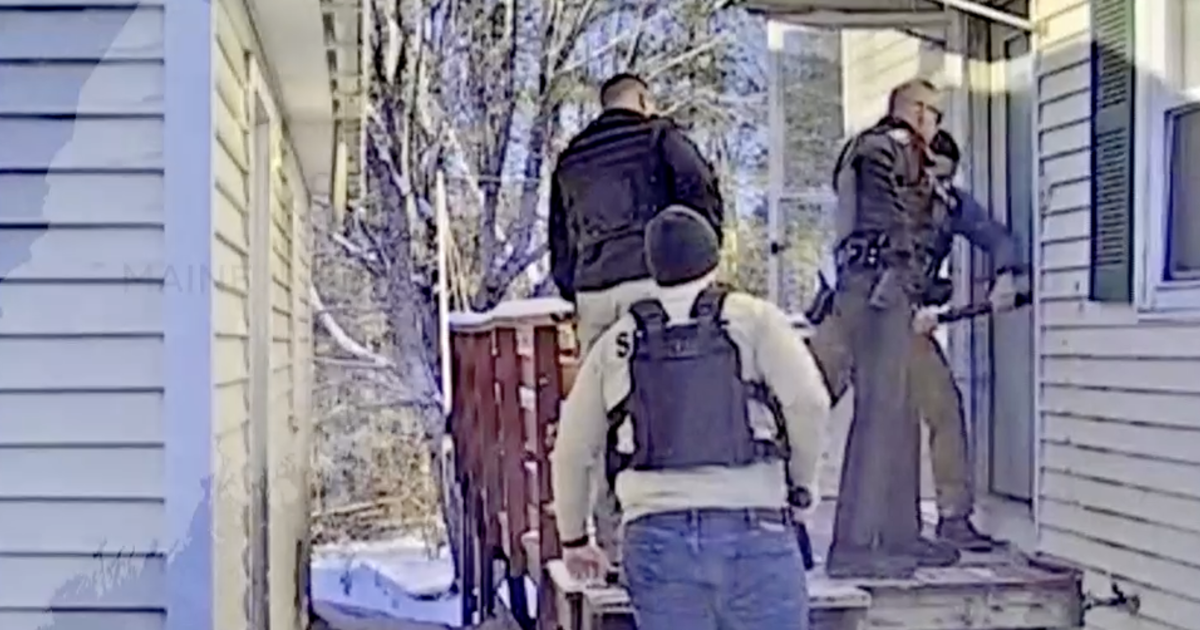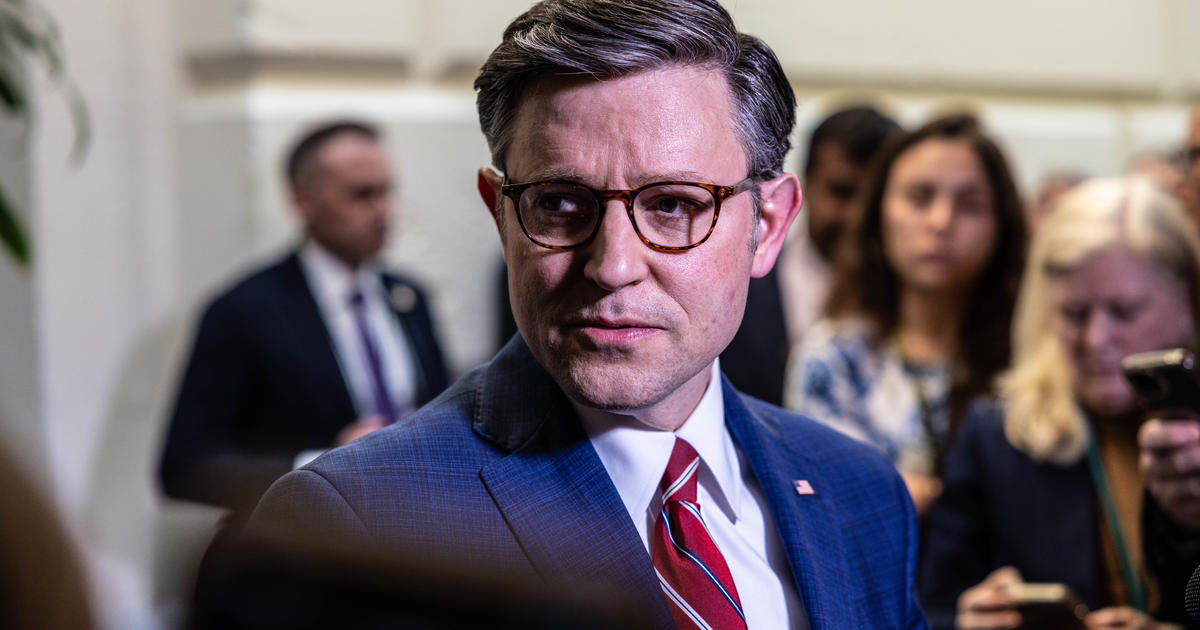Gottlieb "fairly confident" that new Brazilian virus strain is already in the U.S.
Washington — Dr. Scott Gottlieb, the former head of the Food and Drug Administration, said Sunday he is "fairly confident" a new strain of the coronavirus that has been detected in Brazil is already in the United States, even if it hasn't been found yet.
"I think we have to assume it's here," Gottlieb said in an interview with "Face the Nation," referring to the Brazilian variant. "And I feel fairly confident that it is here and we're just not detecting it yet."
As the world continues to battle the coronavirus pandemic, new strains have emerged in the United Kingdom, South Africa and now Brazil. The variant from the United Kingdom, called B.1.1.7, has been detected in the United States, according to the Centers for Disease Control and Prevention (CDC). The agency said the other two strains from South Africa and Brazil have not yet been found in the U.S.
But Gottlieb said the U.S. is not sequencing many strains right now and said the variant from Brazil is likely in localized hotspots, not evenly distributed across the population.
"There might be certain cities where there's hotspots of this virus, where it might be 5% of all infections. If we're just sequencing one or two people within each of those cities, it's unlikely that we'll pick that up. We need a much broader effort," he said. "So I think based on the data we have, we can't confidently conclude it's not here. And just given how widespread it is in Brazil right now and how widespread it is in South Africa, and given all the connections we have to those nations, we have to assume it's in the United States right now."
Gottlieb said some places like San Diego and Florida risk outbreaks of the new variants, but other parts of the nation should be more focused on the fall.
"In most parts of the country, we hopefully still will catch a break and that the spring and summer will be relatively quiet with coronavirus and the risk will be to the fall," he said. "But in certain parts of the country, we could certainly face regionalized epidemics because of these new variants."
Gottlieb has stressed the emergence of the new COVID-19 strains underscores the need for Americans to be vaccinated. Nearly 17.4 million people have had at least one dose of the coronavirus vaccine, from either Moderna and Pfizer, which require two doses, according to the CDC.
Gottlieb is a member of Pfizer's board of directors, and he disputed parts of a recent New York Times article on the company's decision to push the FDA to acknowledge that vials of its vaccine contained six, rather than five, doses.
Pharmacists discovered in December that they could get an extra vaccine dose from Pfizer's vials, which were supposed to contain just five doses. Under Pfizer's contract with the federal government, it gets paid per dose.
Gottlieb said the change will not occur retrospectively, but rather vials shipped now will be counted as six-dose vials.
"The reality is that the company is going to be able to provide 120 million doses in the first quarter, an increase over the 100 million. Now, some of that, about two-thirds of that increase, the additional 20 million is going to be because of this new accounting, because the vials that they're now shipping, they're going to count as six dose vials, not five dose those vials. About one-third is actually new manufactured material," he said.
Gottlieb said it's crucial for the company to "make sure that we know what's in the vials and what's being used and make sure it's consistently used."
"The company knew in the summer that there were six doses in these vials, but in order to file as a vial that contains six doses, they needed to do studies to demonstrate that that sixth dose could be reliably pulled out of the vial," he said. "So, to get this filing done quickly, they filed as a five-dose vial with the expectation they would come back and change that labeling. And it's important to have the labeling reflect that because you want to make sure those doses are consistently used, and you want to provide proper syringes to doctors to consistently extract that dose. Every dose is so valuable in this case."



